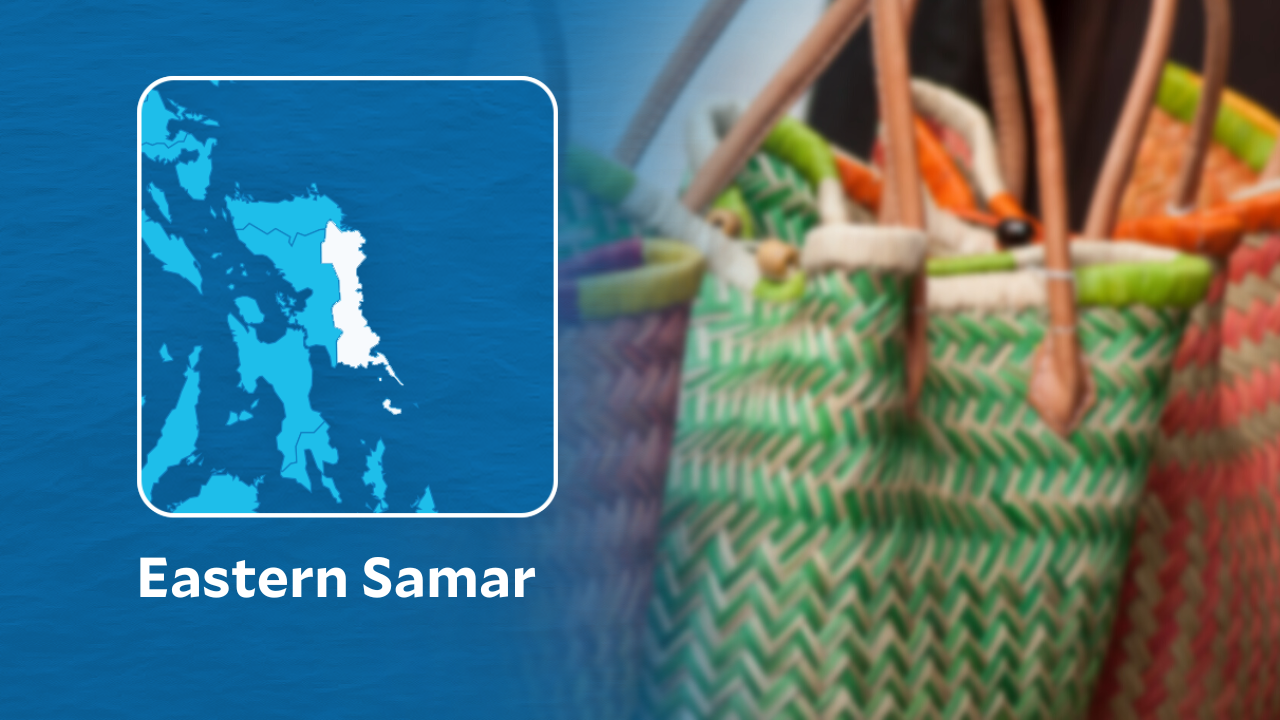TACLOBAN CITY — A town in Eastern Samar is bent on replacing plastic with bayong, or bags made of woven dried pandan leaves.
Mayor Roy Ador of Oras town said the municipal government has put on hold the total ban on the use of plastic and styro-foam to wait for the production of enough bayongs made of dried bariw or pandan leaves that thrive in the locality.
“I’m really pushing for the ban on plastics in our place since it will not only benefit the present generation, but also the coming generations,” he told the Inquirer on Friday, April 21.
Ador said getting rid of plastics would help address flooding since these materials usually clog waterways.
On April 15, Ador led the distribution of bayongs to some residents of the town, which has a population of 37,451 people based on the 2020 census by the Philippine Statistics Authority.
The bayongs would serve as an alternative container whenever people go to the market or other establishments.
Ador said the local government distributed bayongs to 5,000 families on April 15, still short of the estimated 9,000 families of the town.
Oras town officials had to buy 5,000 bayongs from women’s groups at P100 each so they could start distributing them to the public.
Eventually, the locals will purchase the bayongs from the accredited women’s groups to help sustain the latter’s livelihood.
The municipal government has trained 10 women-led associations from different barangays to produce the bayongs with the help of the Department of Trade and Industry (DTI).
“What triggered us to come up with this measure was the huge number of plastic materials being disposed of daily by our people. In fact, of our daily waste of 12 cubic meters, at least 10 cubic meters were made of plastic,” Ador said.
Aside from getting rid of plastics, the program also provided livelihood to Oras residents by producing bayongs.
“It was easy for us to come with bayongs as an alternative to plastic since its raw material thrives in our town,” Ador said.
The mayor hoped that getting rid of plastics will help make the town clean and in the process, attract tourists to Oras.
Violators face a penalty of paying P500 for the first offense, P1,000 for the second offense, and P2,500 for the third offense. If it involves a business establishment, the penalty is cancellation of the business permit.
Ador said he and the rest of the town officials were bent on ensuring that Oras would become a “zero-plastic” municipality in the future.
“We are happy that our people, including the business establishments, are supporting this measure,” he said.
“Our goal is to reduce our plastic wastes from the current 10 cubic meters to five cubic meters and eventually to zero wastes,” he added.
